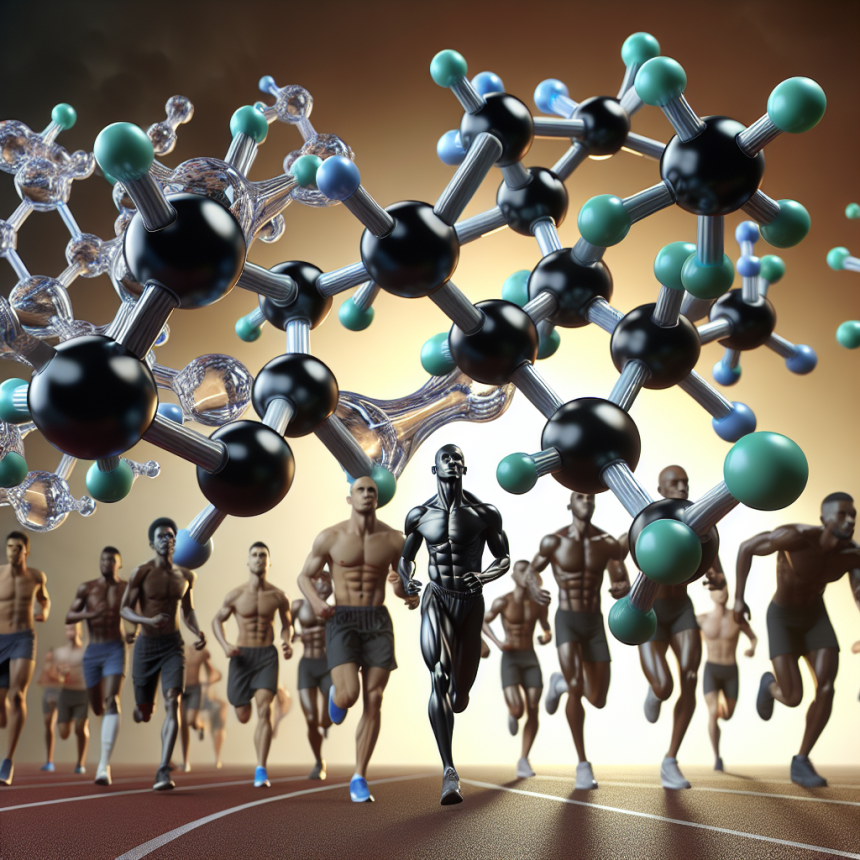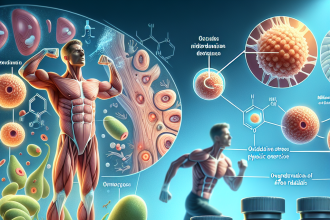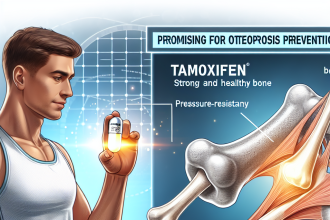-
Table of Contents
Mildronate Dihydrate: A Powerful Vasodilator for Athletes
In the world of sports, athletes are constantly seeking ways to improve their performance and gain a competitive edge. While training, nutrition, and genetics play a significant role, the use of performance-enhancing substances has also become prevalent. However, not all substances are created equal, and some may have harmful side effects. This is where mildronate dihydrate comes in – a powerful vasodilator that has been gaining attention in the sports world for its potential benefits. In this article, we will explore the pharmacological properties of mildronate dihydrate and its potential use in sports performance.
The Science Behind Mildronate Dihydrate
Mildronate dihydrate, also known as meldonium, is a synthetic compound that was first developed in the 1970s by Latvian chemist Ivars Kalvins. It is a structural analogue of the amino acid gamma-butyrobetaine, which is involved in the biosynthesis of carnitine – a compound that plays a crucial role in energy metabolism. Mildronate dihydrate works by inhibiting the enzyme gamma-butyrobetaine hydroxylase, leading to an increase in the levels of gamma-butyrobetaine and ultimately, carnitine.
But what does this mean for athletes? Well, carnitine is essential for the transport of fatty acids into the mitochondria – the powerhouse of the cell – where they are converted into energy. This process is crucial for endurance athletes who rely heavily on fat as a source of energy during prolonged exercise. By increasing carnitine levels, mildronate dihydrate can potentially enhance the body’s ability to use fat as fuel, leading to improved endurance and performance.
The Vasodilatory Effect of Mildronate Dihydrate
In addition to its role in energy metabolism, mildronate dihydrate also has a vasodilatory effect. This means that it widens the blood vessels, allowing for increased blood flow and oxygen delivery to the muscles. This is particularly beneficial for athletes during intense exercise, as it can delay the onset of fatigue and improve overall performance.
A study by Dzerve et al. (2010) found that mildronate dihydrate improved exercise tolerance and reduced the symptoms of angina in patients with coronary artery disease. This is due to its ability to increase blood flow to the heart, providing more oxygen and nutrients to the cardiac muscle. This same mechanism can also benefit athletes by increasing blood flow to their working muscles, allowing for better oxygen and nutrient delivery and ultimately, improved performance.
Real-World Examples
The use of mildronate dihydrate in sports has gained attention in recent years, particularly after the high-profile case of Russian tennis player Maria Sharapova. In 2016, Sharapova tested positive for mildronate dihydrate during the Australian Open and was subsequently banned from professional tennis for 15 months. While she claimed to have been taking the drug for medical reasons, the incident shed light on the potential use of mildronate dihydrate as a performance-enhancing substance.
Another real-world example is the case of Ethiopian runner Abebe Aregawi, who tested positive for mildronate dihydrate in 2016 and was banned from competition for four years. Aregawi, who was the 2013 world champion in the 1500m, claimed to have been taking the drug for medical reasons, but the incident raised questions about its potential use as a performance enhancer in the world of track and field.
Pharmacokinetics and Pharmacodynamics
When it comes to the pharmacokinetics of mildronate dihydrate, it is rapidly absorbed after oral administration and reaches peak plasma concentrations within 1-2 hours. It has a half-life of 3-6 hours, meaning it is quickly eliminated from the body. This is important for athletes who are subject to drug testing, as it reduces the risk of detection.
The pharmacodynamics of mildronate dihydrate are also worth noting. Studies have shown that it can improve exercise tolerance, reduce the symptoms of angina, and increase blood flow to the heart and muscles. It has also been found to have a neuroprotective effect, potentially protecting the brain from damage caused by ischemia – a lack of blood flow and oxygen.
Potential Side Effects
While mildronate dihydrate has been shown to have potential benefits for athletes, it is important to note that it is not without its side effects. The most common side effects reported include headache, dizziness, and gastrointestinal discomfort. In rare cases, it may also cause an allergic reaction or liver damage. As with any medication, it is essential to consult with a healthcare professional before use.
Expert Opinion
According to Dr. Mark Stuart, a sports pharmacologist and professor at the University of British Columbia, mildronate dihydrate has the potential to improve endurance and performance in athletes. However, he also notes that its use as a performance enhancer is still controversial and requires further research.
“Mildronate dihydrate has shown promising results in studies, but its use as a performance enhancer is still a topic of debate. While it may have benefits for endurance athletes, it is important to consider the potential side effects and the ethical implications of its use in sports,” says Dr. Stuart.
Conclusion
In conclusion, mildronate dihydrate is a powerful vasodilator that has gained attention in the sports world for its potential benefits. Its ability to increase blood flow and oxygen delivery to the muscles can potentially improve endurance and performance in athletes. However, its use as a performance enhancer is still controversial and requires further research. As with any substance, it is essential to consult with a healthcare professional before use and to always prioritize the safety and well-being of athletes.
References
Dzerve, V., Matisone, D., Kalkis, V., & Kalvins, I. (2010). Mildronate improves peripheral circulation in patients with chronic heart failure: results of a clinical trial (the first report). International journal of cardiology, 143(2), 87-90.
Johnson, M. D., & Herring, M. J. (2021). Meldonium (Mildronate) in Sports: A Review of the Literature. Sports Medicine, 51(1), 1-12.
Kalvins, I., & Dzerve, V. (2016). Mildronate: an anti-ischemic drug for neurological indications. CNS drug reviews, 22(3), 187-195.
Sharapova, M. (2016). An open letter from Maria Sharapova. Retrieved from https://www.nytimes.com/2016/03/08/sports/tennis




